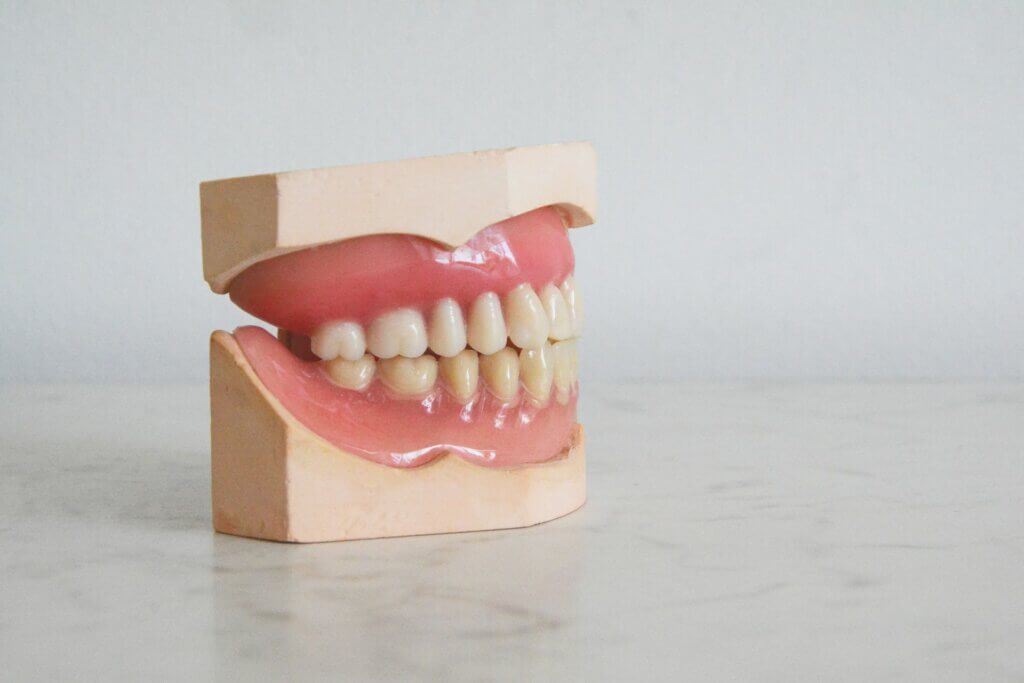Your job is vitally important, whether you're a nurse or a caregiver. You play a crucial role in the health and well-being of your patients. Here are some tips to help you thrive in your career.
1. Be Patient
As a caregiver or nurse, it is essential to be patient. This is because the people you are caring for may be experiencing a great deal of stress and anxiety. They may also be in pain or discomfort. If you are not patient, you may make their situation worse. Some tips for being more patient include:
- Put yourself in your patients' shoes and try understanding what they're going through.
- Listen, and be understanding of their situation.
- Don't rush your patients so they feel they have to hurry up.
- Give them time to process things.
- Be calm.
If you can be more patient, you will be a better caregiver or nurse, and the people you care for will appreciate it.
2. Laugh with your patients

Having a good sense of humor is vital for nurses and caregivers. It can help you cope with the stresses of your job, build relationships with patients and co-workers, and provide much-needed levity in sometimes tricky situations.
There are many ways to incorporate humor into nursing and caregiving. Nurses and caregivers can use humor to defuse tense situations, lighten the mood, and build rapport with patients and colleagues. A good sense of humor can also help deal with the challenges of the job, such as long hours, complex cases, and demanding work environments.
While a good sense of humor is valuable for nurses and caregivers, it is essential to remember that not everyone enjoys the same type of humor. It is important to be aware of your audience and use humor respectfully and appropriately.
So if you're looking for ways to improve your bedside manner or want to be happier and healthier, start cracking some jokes. It's good medicine.
3. Be Able to Handle Difficult Patients and Family Members
One of the essential things nurses and caregivers can do is learn how to handle complex patients and families. This doesn't mean you have to be perfect all the time, but it does mean that you should know how to deal with difficult situations when they arise. There are a few things that can help make this process easier.
First of all, it's important to remember that everyone is different. What works for one person may not work for another. That's why it's so important to be patient and understand where the other person is coming from. It can be helpful to ask questions and listen to the answers.
It's also essential to keep your cool. When someone is being difficult, it can be tempting to get angry or upset. But this will only make the situation worse. Instead, try to stay calm and constructive. This will help the other person see that you're still trying to help, even if they're not making it easy.
4. The Importance of Working as a Team
Nurses and caregivers need to work as a team. By collaborating, they can provide the best possible care for their patients. Working as a team allows nurses and caregivers to pool their knowledge and skills. They can also support each other, leading to better patient outcomes.
When nurses and caregivers work together, they can provide comprehensive care. This includes addressing physical, emotional, and social needs. Patients also benefit from having a team of nurses and caregivers. They can feel more comfortable and confident knowing that they have a group of people working to support them.
5. Ask Questions

If you are unsure about something, always ask questions. There is no such thing as a stupid question regarding patient care. Asking questions will help you learn and grow as a nurse or caregiver.
Nurses and caregivers need to ask questions. Asking questions helps you understand your patient's needs and allows you to provide them with the best possible care. When you don't ask questions, you may miss important information that could make a difference in their health and well-being.
Asking questions also shows your patients that you care about them and are interested in their welfare. It demonstrates your concern and willingness to help. Patients who feel their caregivers are genuinely interested in their well-being are more likely to cooperate with treatment and follow instructions.
Finally, asking questions allows you to build rapport with your patients. When you take the time to get to know them and their concerns, you can create a trusting relationship that will make the nurse and patient more comfortable.
6. Don't Be Afraid to Ask For Help
Nurses and caregivers shouldn't be afraid to ask for help when needed. Asking for help shows that you're willing to take care of yourself and understand your limitations. It also demonstrates that you're open to learning new things and ready to grow as a professional.
When you ask for help, you're more likely to get the support you need to succeed. Asking for help shows that you're a team player and willing to work with others to get the job done. So don't be afraid to ask for help when you need it. It's a sign of strength, not weakness.
7. Be Organized
As a nurse or caregiver, you know that organization is crucial to providing quality patient care. When you're disorganized, it can lead to missed appointments, lost paperwork, and even medication errors.
When you're organized, you're less likely to make mistakes. That's because you're not trying to keep track of everything in your head. Instead, you'll have a system to help you monitor everything, meaning you're less likely to forget something important or make a mistake when caring for a patient.
Organizing yourself saves you time because you don't have to spend it looking for things. You can find things quickly and efficiently as everything is in its place. Thus, you can spend more time looking after your patients and less looking for misplaced items.
But being organized doesn't have to be complicated. Here are a few simple tips to help you get started:
- Use a planner or calendar to keep track of your appointments and deadlines.
- Create a filing system for your paperwork, and make sure to put everything in its proper place.
- Invest in some organization tools, like labeled storage bins or a whiteboard with categories.
- Take some time each day to tidy up your work area.
- Set aside specific times for each task, and stick to your schedule as much as possible.
By following these tips, you can make a big difference in your level of organization – and your ability to provide quality patient care.
8. Be Mindful of Confidentiality Rules
One of the most critical aspects of nursing is confidentiality. This means that nurses must keep patient information private and only share it with those who need to know. This is important for several reasons.
First, patients trust nurses with their personal information and expect it to be kept confidential. Second, if patient information is not kept secret, it could be used against the patient or released to people who are not authorized to see it.
Finally, confidentiality is vital for maintaining the professional relationship between nurses and patients. Nurses who violate confidentiality may face disciplinary action from their employers or state boards of nursing.
9. Invest in Your Future

Though it may seem like an extra expense and time commitment, investing in further education is a smart move for caregivers and nurses. Continuing your education shows employers that you are committed to your career and sets you apart from other candidates. Further education can also lead to better job opportunities and higher salaries.
And lastly, by staying up-to-date on the latest developments in your field, you can provide better care for your patients. So if you're looking to invest in your future, consider furthering your education. It's an investment that will pay off in the long run.
10. Finally, Take Care of Yourself
It's no secret that nurses and caregivers have some of the most stressful jobs out there. Caring for others can be a physically and emotionally draining experience, and it's essential to ensure that you're taking care of yourself, too.
Self-care is often seen as a luxury that you can only do when you have the time and energy. But the truth is, self-care is essential for anyone in a caring profession. Neglecting your own needs can lead to burnout, compassion fatigue, and a host of other problems.
So what can you do to take care of yourself? Start by making sure that you're getting enough rest and exercise. Eating a healthy diet and staying hydrated is also essential. But perhaps the most important thing you can do for yourself is make time for activities you enjoy and help you relax. Whether reading, hiking, or spending time with friends and family, make sure to schedule some “me” time into your busy schedule.
Taking care of yourself is not selfish. It's essential for anyone in a caring profession. By making time for self-care, you'll be a better nurse or caregiver and a happier person overall.
You're the Backbone of the Healthcare System
Nurses and caregivers are crucial members of the healthcare team. By following these tips, you can thrive in your career and provide the best possible care for your patients.




